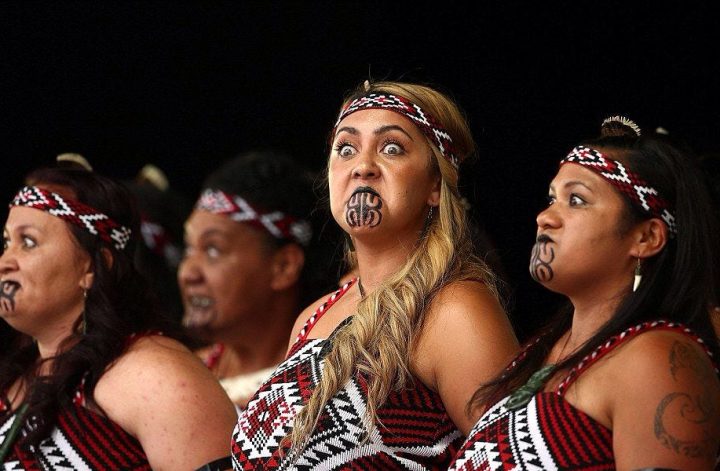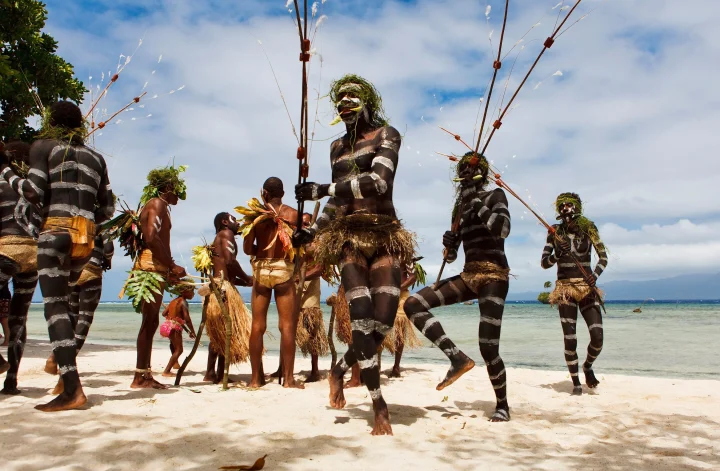magic-games.net – In Māori culture, women have always held significant roles within their communities, not only as caregivers and nurturers but also as leaders, warriors, and spiritual guides. The concept of Mana Wahine, which translates to the “spiritual power” or “prestige” of women, is central to understanding the pivotal role that women have played in shaping Māori society. Māori women have traditionally embodied both the nurturing qualities of motherhood and the leadership qualities required to sustain and guide their people.
This article explores the role of women in Māori culture, focusing on the concept of Mana Wahine, the historical and contemporary leadership roles of women, and how this dynamic continues to evolve in modern Māori society.
Mana Wahine: The Power and Prestige of Women
The term Mana Wahine signifies more than just the idea of “female power.” It encompasses the inherent strength, authority, and prestige that Māori women carry within their families and communities. The concept of mana—spiritual power or authority—is not limited to men but is equally attributed to women, especially those who hold leadership roles or are seen as important figures within their tribes.
Spiritual and Ancestral Power
In Māori society, the mana of women is often tied to their ancestral lineage (whakapapa). Māori women are revered for their whakapapa and are seen as the bearers and protectors of ancestral knowledge and wisdom. This connection to ancestry gives women a unique and powerful role in preserving cultural traditions and ensuring that the teachings of the past are passed down to future generations.
Māori women are also closely linked to the earth, with many women holding special spiritual roles in connection with the land, water, and natural resources. The sacredness of whenua (land) and the nurturing power of pūmārie (fertility) are deeply tied to the role of women in Māori cosmology. Women’s mana is not only about leadership but also about their role as nurturers of the land and the people, embodying the interconnectedness of the natural and spiritual worlds.
Women as Guardians of Whakapapa
Women are key to maintaining and transmitting whakapapa, or genealogy, which is central to Māori identity. They are often the holders of knowledge about their familial history and lineages, ensuring the continuity of tribal traditions and preserving the collective memory of their people. This role as guardians of history and identity confers significant spiritual power on women, as they hold the keys to their iwi’s (tribe’s) origins and connections to the land and ancestors.
Historical Roles of Māori Women
In traditional Māori society, women participated in many aspects of community life, including governance, warfare, religion, and social activities. Māori women were not confined to the domestic sphere but were active in public and ceremonial life. They were involved in decision-making processes, both in their immediate families and in the larger tribal and community contexts.
Leadership in Governance
Māori society was traditionally structured around tribal units called iwi (tribes), hapū (sub-tribes), and whānau (extended families). Women played essential roles in the governance of these units, particularly through their involvement in tribal councils (rūnanga) and other decision-making bodies. In many cases, women held titles such as Rangatira (chief) or Tūpuna (elder), giving them authority in matters related to land, resources, and the welfare of the tribe.
Te Puea Herangi, a prominent Māori leader from the Waikato region, is a notable example of a woman who exercised considerable political power. She played a key role in advocating for Māori rights during the early 20th century and was a strong voice in the development of the Kingitanga (Māori King Movement).
Warrior Women
Although often overlooked in historical accounts, Māori women also played crucial roles in warfare. They were warriors in their own right, defending their tribes during times of conflict and war. Women were trained in combat skills, and many participated in battles, particularly in the context of pa (fortified village) defense, where they would defend their homes and families alongside their male counterparts.
One of the most famous warrior women in Māori history is Rongomaiwahine, who led her people in battle and is remembered for her bravery and leadership. Women who took on these roles were not only warriors but also influential figures in the maintenance of tribal strength and unity.
Mana Wahine in Contemporary Māori Society
While the role of women in Māori society has undergone significant changes over the years, Mana Wahine remains a powerful and vital force. Today, Māori women continue to play an active role in leadership, education, business, and social justice. Many Māori women are taking on leadership roles within their communities, tribes, and even national politics.
Political Leadership
Māori women have made significant contributions to New Zealand politics, with several holding prominent political positions. Dame Whina Cooper, for example, led the 1975 Māori land march, which advocated for the protection of Māori land rights. Her leadership exemplifies the long tradition of Māori women engaging in political activism and fighting for the rights and wellbeing of their people.
In contemporary politics, Tariana Turia and Parekura Horomia are other Māori leaders who have fought for social justice, health, and education reforms benefiting Māori communities. Māori women are also increasingly involved in local governance, iwi leadership, and environmental advocacy.
Māori Women in Business and Education
Māori women are increasingly represented in the fields of business and education. Many have started successful businesses that not only contribute to the economic well-being of their communities but also incorporate Māori values such as sustainability and cultural respect. Women entrepreneurs are providing opportunities for others in their communities and using business as a platform to uplift Māori culture.
In education, Māori women are leading initiatives to reclaim and preserve Māori language (te reo Māori), culture, and traditional knowledge. Māori women are also prominent in academia, with many becoming professors, researchers, and cultural advisors. Their leadership in education is helping to build a future where Māori culture is not only preserved but also celebrated and integrated into the broader New Zealand society.
The Future of Mana Wahine and Māori Women’s Leadership
As Māori society continues to evolve, the role of women within it is becoming more prominent. There is an increasing recognition of the vital contributions that Māori women make to their communities, both in traditional contexts and modern settings. The resurgence of Māori women’s leadership is encouraging a new generation to embrace Mana Wahine and pursue leadership roles in various sectors.
The revitalization of Mana Wahine reflects broader efforts to empower Māori communities and restore Māori cultural practices. This resurgence also highlights the importance of women in the struggle for Māori rights and sovereignty, with women taking the lead in movements for social justice, environmental stewardship, and cultural revitalization.
Cultural Empowerment and Future Generations
The future of Mana Wahine lies in the continued cultural empowerment of Māori women, ensuring that they have the resources, platforms, and support to thrive as leaders in all aspects of life. By nurturing the next generation of women leaders, Māori communities are building a more equitable and sustainable future, where the wisdom, power, and prestige of women are recognized and valued in all sectors of society.
Conclusion
The role of women in Māori culture is integral to the social, political, and spiritual fabric of Māori society. Through the concept of Mana Wahine, Māori women are recognized not only for their nurturing qualities but also for their strength, authority, and leadership. Whether in governance, warfare, or contemporary society, women have always been central to the wellbeing and survival of their people. Today, as Māori women continue to assert their leadership, reclaim their cultural heritage, and empower future generations, Mana Wahine remains a cornerstone of Māori identity and a force for positive change.



